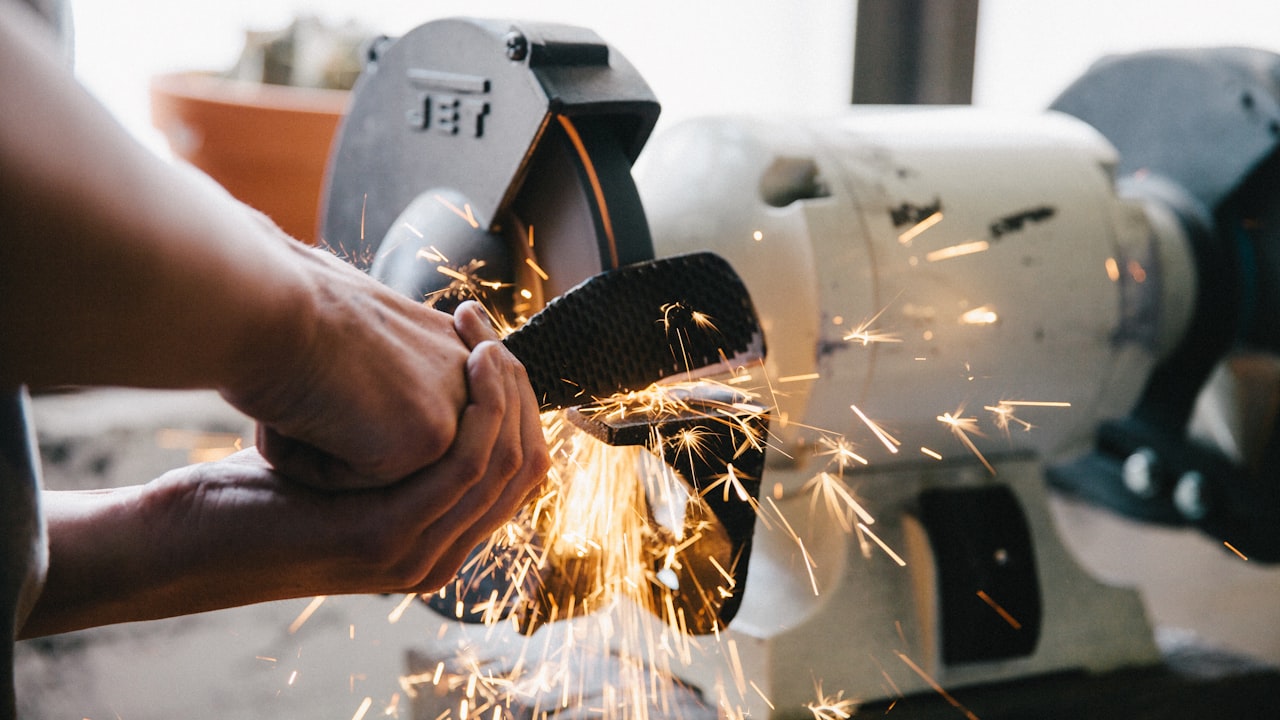Title: “The Role of Pharmaceutical Machinery in Drug Manufacturing Processes”
Pharmaceutical machinery plays a crucial role in the drug manufacturing process, ensuring the efficiency, accuracy, and safety of producing medications for patients worldwide. Two key pieces of equipment used in the pharmaceutical industry are the table press machine and the capsule filling machine. These machines, such as the TDP (Tablet Press) and THDP (Tablet Hardness Tester), are essential for the successful production of high-quality pharmaceutical products.
The table press machine, commonly known as a tablet press, is used to compress powdered ingredients into tablets of specific sizes and shapes. This machine consists of a hopper that feeds the powder into the die cavity, where it is compressed under high pressure to form a tablet. The table press machine ensures uniformity in tablet weight, thickness, hardness, and disintegration time, crucial factors in the efficacy of oral medications.
On the other hand, the capsule filling machine is used to fill empty gelatin or vegetable capsules with the powdered or liquid medication. This machine automates the process of filling and sealing capsules, increasing efficiency and reducing the risk of contamination. The capsule filling machine allows for precise dosing of active ingredients, ensuring consistency in drug strength from one capsule to another.
The TDP, or Tablet Press, is a widely used table press machine in the pharmaceutical industry. It is capable of producing thousands of tablets per hour with high precision and efficiency. The TDP can accommodate different die sizes and shapes, allowing for flexibility in tablet design. By controlling parameters such as compression force and speed, the TDP ensures the production of high-quality tablets that meet regulatory standards.
The THDP, or Tablet Hardness Tester, is another vital machine used in pharmaceutical manufacturing. It measures the hardness of tablets to ensure they meet the required specifications for easy swallowing, stability, and drug release. By testing the tablets’ hardness, the THDP helps manufacturers identify potential issues in the tablet formulation or compression process, leading to improved product quality.
In conclusion, pharmaceutical machinery such as the table press machine and capsule filling machine are indispensable tools in drug manufacturing processes. The TDP and THDP play critical roles in ensuring the production of high-quality tablets that meet pharmaceutical standards and regulatory requirements. By investing in advanced pharmaceutical machinery, manufacturers can streamline production processes, improve product quality, and ultimately deliver safe and effective medications to patients worldwide.

 Title: Revolutionizing the Pharmaceutical Industry: The Impact of Modern Drug Manufacturing Technologies
Title: Revolutionizing the Pharmaceutical Industry: The Impact of Modern Drug Manufacturing Technologies



